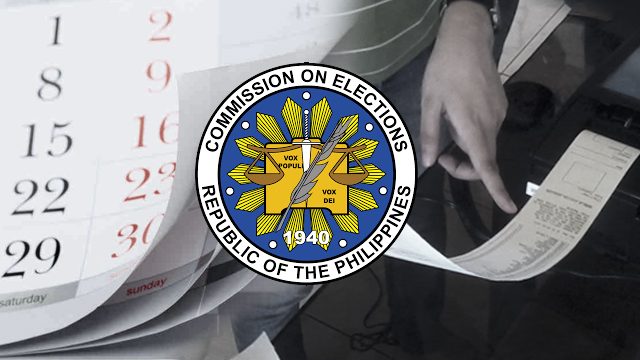SUMMARY
This is AI generated summarization, which may have errors. For context, always refer to the full article.

MANILA, Philippines – The Commission on Elections (Comelec) has tapped the Anti-Money Laundering Council (AMLC) to stop money laundering through funds supposedly meant for the 2016 political campaigns.
In a resolution promulgated October 2, the Comelec said the AMLC “is hereby deputized to monitor and ensure that proceeds from unlawful activities…are not used to commit money laundering…in the guise of campaign contributions and expenditures during the campaign period.”
The poll body cited Section 3(i) of Republic Act 9160 or the Anti-Money Laundering Act of 2001, as amended by Republic Act 9194, in defining unlawful activities.
Such activities include the following:
- kidnapping for ransom
- plunder
- robbery and extortion
- jueteng and masiao punished as illegal gambling
- piracy on the high seas
- qualified theft
- swindling
- hijacking
Under the Anti-Money Laundering Act, money laundering is defined as “a crime whereby the proceeds of an unlawful activity as herein defined are transacted, thereby making them appear to have originated from legitimate sources.”
In deputizing the AMLC, the Comelec cited the “anticipation of the increased economic activity tht usually occurs during every election.”
The poll body also deputized the Bangko Sentral ng Pilipinas for similar purposes.
Monitoring campaign expenses
This is effective during the campaign period, which runs from February 9 to May 7, 2016, for national candidates, and from March 25 to May 7, 2016, for local candidates.
The Comelec deputized these agencies through its newly promulgated Resolution 9991, or the Omnibus Rules and Regulations Governing Campaign Finance and Disclosure.
In this resolution, the Comelec also turned its Campaign Finance Unit into a Campaign Finance Office.
This new office “shall serve as the primary office responsible for implementing all existing campaign finance laws, rules, and regulations.”
Under its Campaign Finance Unit, the Comelec boosted its drive to monitor campaign expenses.
The Comelec, in fact, earlier ordered then Laguna governor Emilio Ramon Ejercito to step down after he exceeded the campaign expenses allowed by law. The Supreme Court later upheld Ejercito’s disqualification.
Still, election players have been pushing for an increase in the allowed campaign expenses or spending caps under the law.
A law in 1991 imposes the following spending caps:
- P10.00 per voter for President and Vice President
- P3.00 per voter for other candidates who belong to a political party
- P5.00 per voter for independent candidates
- P5.00 per voter for political parties
Comelec Commissioner Christian Lim earlier said the government needs “realistic” spending caps. – Rappler.com
Add a comment
How does this make you feel?
There are no comments yet. Add your comment to start the conversation.